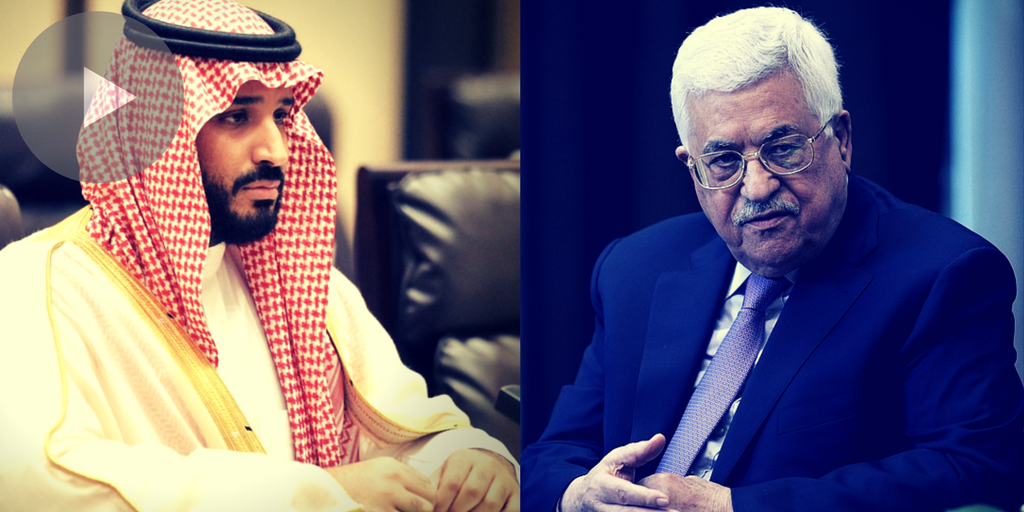Andrea Mitchell of MSNBC falsely accused Israel of racism with the following tweet about the protests that occurred inside the Knesset plenum during the Vice President’s speech:
The 13 Israeli-Arab members of Israel’s Parliament held up signs saying “Jerusalem is the Capital of Palestine” and were forcibly removed by security as Pence started to speak. Can you imagine Capitol Police dragging members of the congressional black caucus off the House floor?
— Andrea Mitchell (@mitchellreports) January 22, 2018
Knesset Reporter & Analyst for The Jerusalem Post Lahav Harkov responded to Mitchell with th following Tweet:
Wrong on several points. 1, they are not “THE 13 Israeli-Arab members” – there are others. 2, it is always against the Knesset rules to hold up signs or use props and there are examples spanning decades of ppl being removed bc of it. 3, ushers, not security guards led them out https://t.co/JgIGkUFpda
— Lahav Harkov (@LahavHarkov) January 22, 2018
Take a look at the video below. This is not your typical protest in what is supposed to be respected environment.
This is the moment Palestinian MPs were kicked out of the Israeli Knesset after protesting the US Vice President Mike Pence’s speech. pic.twitter.com/w7CSJx6MSb
— Al Jazeera English (@AJEnglish) January 22, 2018
The fact is, the Black Caucus would never be removed from the congress because they would never disrupt a foreign dignitary’s speech with such viceral hatred. Unfortunately Andrea Mitchell and her leftist friends over a MSNBC continue to create an intersection between the Black civil rights movement and Arab/Palestnian rights in Israel. No wherre do Arabs live more free in the Middle East than in Israel.









